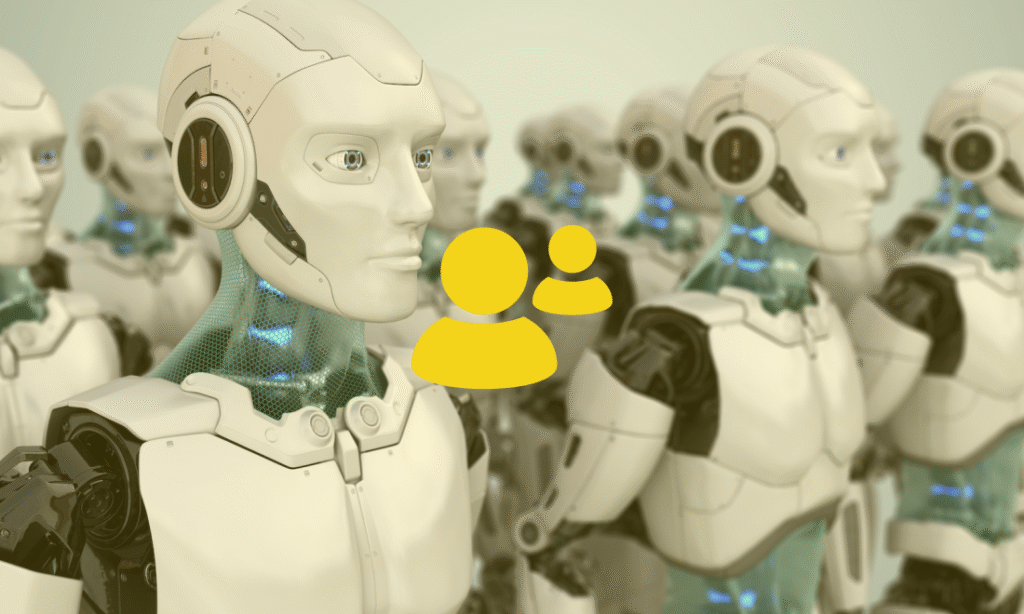Artificial Intelligence (AI)
AI has come a long way since its inception in the 1950s.
The early days of AI focused on developing algorithms that mimic human intelligence and perform tasks like decision-making and problem-solving. The Turing Test, proposed by Alan Turing in 1950, was one of the earliest attempts to measure a machine’s ability to exhibit intelligent behaviour indistinguishable from a human’s.
“We can only see a short distance ahead, but we can see plenty there that needs to be done.” – Turing recognised that while there were limitations to what could be achieved with technology at the time, there was still much work to be done in the field.
Over the years, the development of AI has progressed from simple rule-based systems to complex deep learning networks that can process vast amounts of data and make accurate predictions. Deep learning, a subset of machine learning, uses artificial neural networks to analyse and interpret data. These networks are modelled on the structure of the human brain, with layers of interconnected nodes that hierarchically process information.
One of the key advantages of deep learning: learning from experience
As a deep learning network processes more data, it becomes better at identifying patterns and making predictions. This has led to significant advances in image and speech recognition, natural language processing, and autonomous vehicles.
However, the evolution of AI has not been without its challenges. One of the main criticisms of early AI systems was their lack of flexibility and adaptability. Rule-based systems were limited to predefined rules and could not handle unexpected or novel situations. This led to the development of expert systems to emulate human experts’ decision-making processes in a particular domain.
Another challenge in the evolution of AI has been the need for large amounts of labelled data. Deep learning networks require vast data to train and make accurate predictions. This has led to concerns about data privacy and the potential for bias in AI systems.
Despite these challenges, the evolution of AI has led to significant advancements in a wide range of industries, from healthcare and finance to transportation and manufacturing. AI has the potential to transform the way we live and work by automating routine tasks, making complex decisions, and providing personalised recommendations.
As AI continues to evolve, it is vital to consider the ethical implications of its use. AI systems must be transparent, explainable, and unbiased. Developers must ensure that AI systems are designed to benefit society rather than just a select few.
Conclusion
In conclusion, the evolution of AI from the early days of the Turing Test to the complex deep learning networks of today has been a remarkable journey. While there have been challenges along the way, AI has the potential to transform our world in ways that we cannot yet imagine. As we continue to develop and refine AI systems, we must ensure that we do so responsibly and ethically, to create a better world for all.



